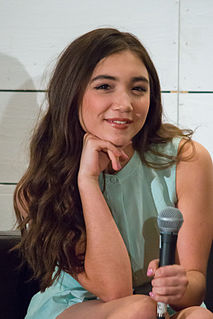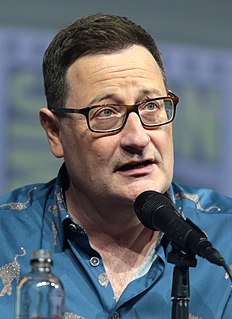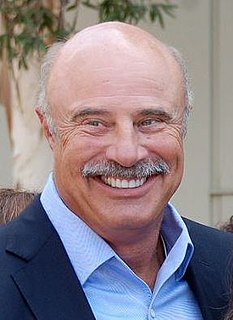A Quote by Paul Theroux
Going slowly [...] was the best way of being reminded that there is a relationship between Here and There, and that travel narrative was the story of There and Back.
Related Quotes
I'm obsessed with this idea of storytellers and people who have a narrative, and sometimes sustain a relationship because they're telling a narrative and someone is listening to that. Often the nature of the relationship is determined by how well they tell the story, or someone else's ability to suspend disbelief, or infuse into their narrative something which they may not even be aware of.
Say you have a headline like "Mountain Bike Stolen," and then you read the story, read another story about it the next day, and then the next week, and then the next year. News is a process of expansion, the filling in of detail, and making narrative connections - not based on chronology, but based on features of the story. There are narrative connections made between props, between characters, between situations, and so forth.
The friendship that you create between you and a mom - or you and an older woman figure - is so important and so influential. I think that my relationship with my sister, my relationship with my best friends - when I'm feeling really terrible about myself, they're always there to let me know that I am being dramatic about something, or I'm being stupid about something - it's good to have those kinds of people to drag you back down and protect you.
That's what I love about documentary filmmaking, we never know where the story is going, we don't know what is going to happen next, and we're inside a culture of people that you have to figure out in many ways. It's a relationship between what you thought might have been the story, and what happens in the 'field.'
Ideally, writers and narrative designers should be included much earlier in the process, where they can be of most benefit. However, although the industry is slowly getting used to fitting narrative professionals into games development, we're still going through a bit of a 'square-peg in a round hole' phase.
If you travel 11 months a year - from one dangerous or isolated situation to the next - if you live in hotels, and every relationship with another human being is a two-week relationship, the only other people who have any idea what you're going through or how strung out you are are other photographers.
There has never been a merging of two lives where significant problems of daily living did not occur. One way or another, your relationship is going to be affected. The only question is how. There's a big difference between knowing and doing. It's not what happens between partners that determines the outcome of a relationship, it's how they handle what happens. If all you deal with in your relationship is problems, then you will have a problem relationship. If you want your pound of flesh with full acknowledgement that you're right, your future will be dim.
Living "in" a story, being part of a narrative, is much more satisfying than living without one. I don't always know what narrative it is, because I'm living my life and not always reflecting on it, but as I edit these pages I am aware that I have an urge to see my sometimes random wandering as having a plot, a purpose guided by some underlying story.
None of our films look alike, we are very dialectical in our approach to each one, and 'Hoop Dreams' was no exception. That's what I love about documentary filmmaking, we never know where the story is going, we don't know what is going to happen next, and we're inside a culture of people that you have to figure out in many ways. It's a relationship between what you thought might have been the story, and what happens in the 'field.' Out of that comes the story, which was exactly what happened with 'Hoop Dreams.'






































